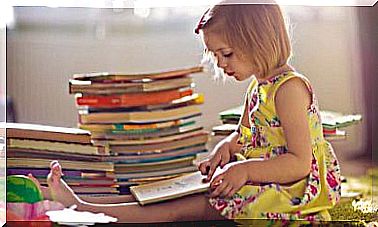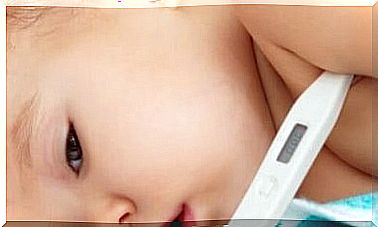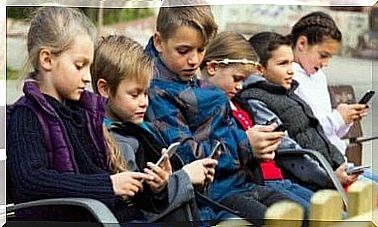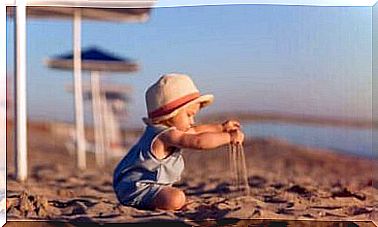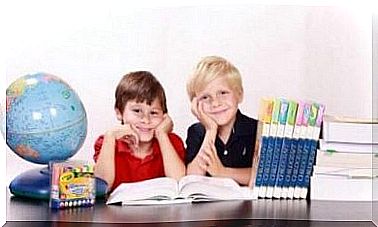How Babies Learn To Laugh
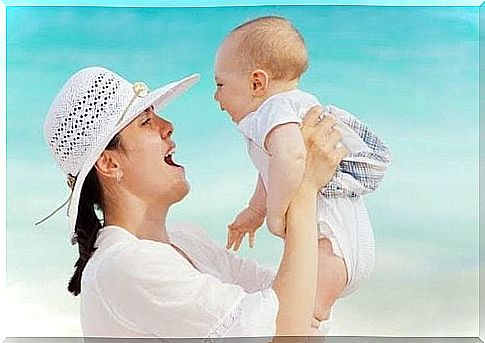
Having the chance to see a child smile for the first time is an exciting moment for any parent, but what does it tell us about how they experience the world around them?
In the beginning, babies learn to laugh and smile through imitation. In other words, they see a smile on someone else’s face and do the same. As children grow up, they start acting funny by playing hide and seek, tickling, making funny faces and making strange noises.
After the first year, they like to be addressed with elongated syllables. This undoubtedly helps them to learn the language more easily.
They will discover how to use words to better communicate with you and the world around them. This is a process that continues in their youth.
According to some experts, laughing and smiling are learned very quickly by children, which is believed to be a form of communication. Just as crying is a way for them to tell you whether they are cold or hot, hungry or sleepy, laughing is also a way for them to respond.
The latest research was conducted by a group of scientists from Birkbeck College in London, who collected more than 700 surveys from around the world on how babies learn to laugh. They found that the little ones laugh to respond to pleasurable situations.
How do babies learn to laugh?
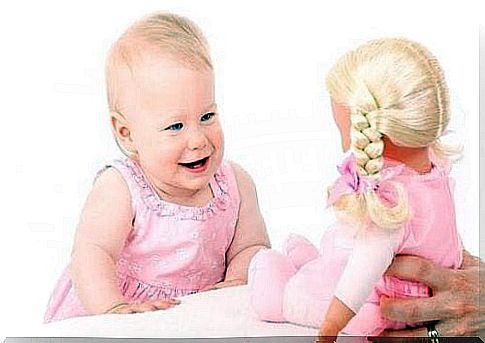
Your baby’s first smile is a blessing because it comes directly from the soul. Even if it is just an imitation of yourself, you will feel as if he has opened his mouth to tell you that he is happy to be in your arms, that he is protected and at ease with your body heat.
Newborn babies often laugh during their sleep because they do this as an unconscious gesture. It is a contraction of the facial muscles caused by sensations that please him… for example the taste of breast milk, a memory of when he was in the mother’s tummy, etc.
Some call this an ‘angel smile’ because it is not stimulated by anything, nor is it aimed at anyone or an attempt to communicate. Sometimes the father or mother can try to get a smile when the baby is awake, but without success.
Then, around the eighth or ninth week, your baby’s smile will become a voluntary act. He will laugh when he feels togetherness, especially with his parents or the people closest to him. During this period he is happy if you are happy too.
In the following months, by repeating this experience in his daily life, the child will be able to develop a great sense of humor. This will open the way to happiness and enthusiasm for him.
This pleasant feeling will no doubt make him feel accepted and loved by his family.
Benefits of laughing for children
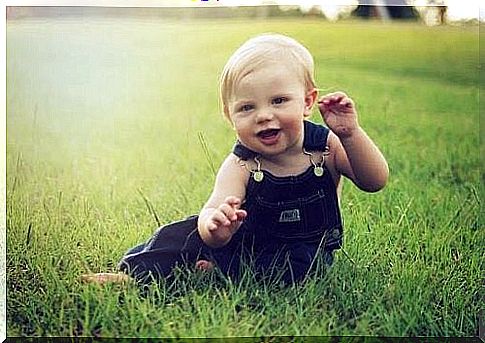
Keeping a good sense of humor is so rewarding for people that we need to ensure that children develop it at an early age. Adults who are happy see life from a different perspective. And the same thing happens with children who have yet to discover the world.
So that you can understand the importance of laughter in children, we have put together a list of its main benefits:
An incredible medicine
It makes them feel good and leave pessimism behind. It also strengthens their immune system.
An educational tool
If you use some humor to appease a tantrum, you’ll find it has an incredible effect on behavior.
Developing empathy
To develop compassion, you must first be observant and understand the needs of others.
Increase self-confidence
Many studies have shown that a child’s sense of humor is related to self-confidence.
Promote intelligence
Repetition of jokes improves both vocabulary and memory of children. In addition, it develops lateral thinking abilities. The latter causes children to evaluate the world around them in terms of humor.
Learning to laugh with your baby is an amazing experience that will inspire you to be happy. Your smile is the biggest stimulus for your baby. So enjoy life and invite them to laugh.

